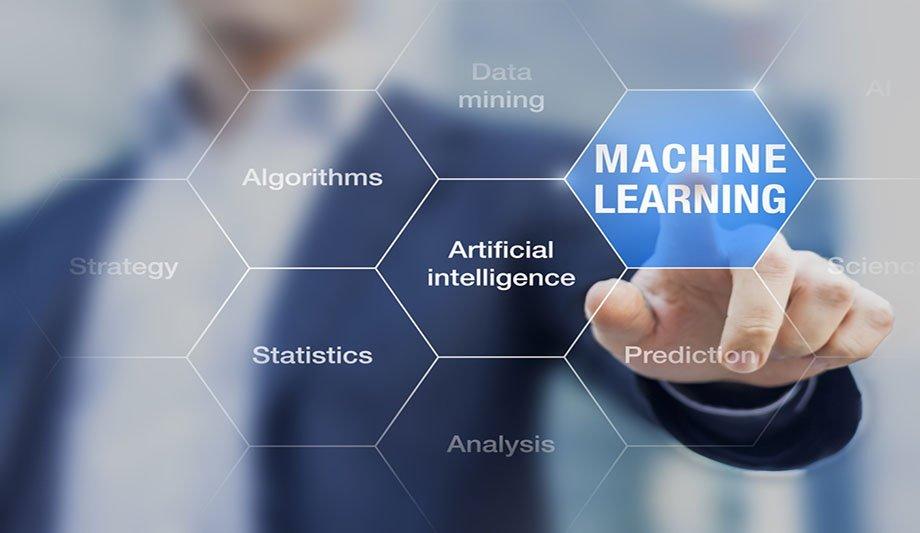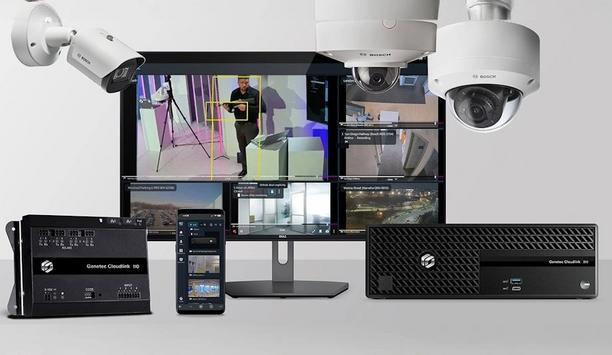The impact of Machine Learning (ML) on the security market
Editor Introduction
Machine learning refers to the evolving ability of computer systems to learn and adapt without following explicit instructions. It essentially involves the use of algorithms and statistical models to analyse and draw conclusions from patterns in data. In the security industry, when it comes to buzzwords, artificial intelligence (AI) has a higher profile than the more specific related term, although machine learning is a better description of tools that are gaining popularity in physical security. We asked this week’s Expert Panel Roundtable: What is the impact of machine learning (ML) on the security market?
Machine learning involves teaching a machine to use inputs and historical information to improve its performance without being explicitly programmed to do so. In the security industry, ML is primarily used to improve accuracy. VMS analytics based on machine learning are becoming standard practice and are used to provide metadata and search through video, as well as trigger events or alarms, when something unusual is happening. They can also provide statistics for business intelligence, such as people counting. While ML is being normalised in video analytics, we are increasingly seeing it applied to a wider range of applications. It can be utilised to combine video surveillance data with other sensor data, such as access control events. For example, it can make it easier for operators to correlate a door forced open event with video for verification or alert an operator, when a person enters a restricted area.
Machine learning (ML) has had a revolutionary impact on the security market. This crucial development has enabled security developers to better understand how to operate in the market and help customers feel safer. With ML, we can now do what was previously thought to be unachievable: developing security cameras and video management systems that can proactively alert users to unusual activities. These alerts can identify people or vehicles and detect them at unusual hours or in restricted areas. Security personnel can also see how busy places such as parking lots are and will be alerted to anything suspicious. But, it’s not just for security. ML provides valuable intelligence for businesses as well. Retailers can gain insights into customer flow and identify areas of the store that are popular or lacking in footfall. ML is useful in real-time and optimises searching for historical events.
Machine learning, as a matter of analysing what is in a video stream, has been used in the security industry for many years. Today the quality of the applications being used is increasing at the same pace as the hardware performing the analysis, with computing power increasing all the time. Machine learning, as a subset of artificial intelligence (AI), is changing the industry dramatically with analytics, making it possible to reduce the need for humans to actively monitor video streams. Instead, video analytics can perform the monitoring and human personnel are verifying the detection of an anomaly. This makes monitoring more precise, efficient, and cost effective. It is also paving the way for more advanced applications and use cases.
Unfortunately, the physical security industry is not spared from the buzzword assault that machine learning has had on technology. While there are many ways that machine learning (ML) can impact the security market, I think the two areas where it’s a differentiator today are early detection and process automation. Early detection through computer vision enables security teams to be alerted by potential threats, like tailgating and injuries, faster, and with existing cameras. This enables teams to be more proactive, rather than reactive — hopefully stopping security incidents before they even occur. Process automation via ML can alleviate a lot of manual tasks put upon the physical security team. Physical security teams manage clerical work before and after incidents occur, so audio transcription and text classification are huge workflow improvements for triaging inbound communications and consolidating after-action reports.
The impact of machine learning (ML), a subset of artificial intelligence (AI), is being felt across the entire security market. Machine learning has given cameras the ability to recognise objects and classify their unique attributes. With machine learning, we’re seeing accelerated automation and efficiencies for operations and security departments. It’s exponentially shortened the time to find persons and vehicles of interest. With its ability to accurately notify security staff of events as they occur, machine learning has enabled organisations to adopt a more proactive security posture where before it was mainly reactive. Running on the edge, it delivers actionable insights that go beyond security to inform marketing and sales teams as well. Object recognition can enable a camera’s image processing system to focus on maximising quality for important objects in the scene, while compressing static background images more. It’s the most significant advancement for our industry in decades and it’s just the beginning.
Editor Summary
Among the benefits of machine learning (ML) in the physical security market are better video analytics, more statistics for business intelligence, increased process automation, and more effective proactive alerting to potential problems. Even better, the technology continues to evolve to make possible even more advanced applications and use cases.
- Related links
- Ava CCTV software
- Genetec Access control software
- Genetec CCTV software
- Ava IP cameras
- Genetec IP cameras
- Ava IP Dome cameras
- Standalone / Networked Access control systems & kits
- Network IP cameras
- Indoor/Outdoor IP Dome cameras
- Proximity Access control systems & kits
- IP Surveillance Software CCTV software
- Proximity Access control software
- Central Monitoring Option Access control software
- Management Software CCTV software
- Monitoring Software CCTV software
- Surveillance Software CCTV software
- Door Monitoring Option Access control software
- High Level Interface Access control software
- Related categories
- CCTV software
- Access control systems & kits
- Access control software
- IP cameras
- IP Dome cameras













